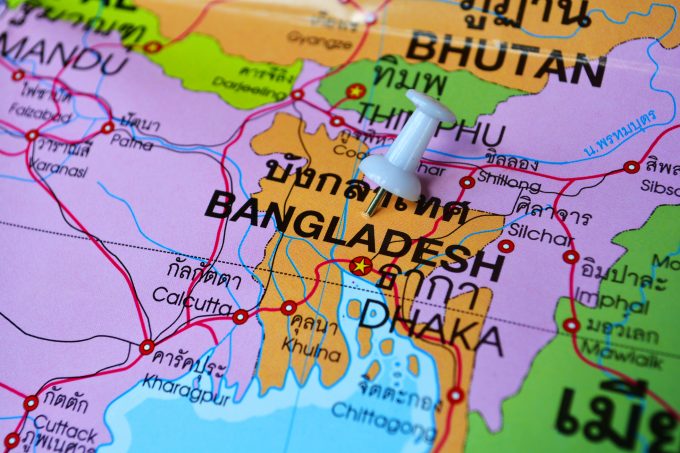Chaos at Chittagong as port workers' strike creates vessel and box backlogs
Congestion at Bangladesh’s Chittagong Port is mounting, following a wave of strikes last week, with ...

Bangladesh’s apparel makers are now working at below cost – or shutting their doors as lockdowns around the world continue to dampen demand,
The closure of just one apparel factory last week saw 6,000 Bangladeshi workers jobless, and others with no new orders are considering closure .
Lenny Fashions, located in the Dhaka Export Processing Zone, is a subsidiary of Hong Kong-based Must Garment, and closed on 1 February, owing to a shortage of enough work, order cancellations and price falls.
Must Garment, ...
'Disastrous' DSV-Schenker merger would 'disrupt European haulage market'
New senior management for DSV as it readies for DB Schenker takeover
Volumes set to 'fall off a cliff' as US firms hit the brakes on sourcing and bookings
Asian exporters scramble for ships and boxes to beat 90-day tariff pause
Amazon pushes into LTL for small package fulfilment and UPS does a u-turn
Temporary tariff relief brings on early transpacific peak season
Pre-tariff rush of goods from US to China sees air rates soar, but not for long
Forwarders 'allowing the fox into the chicken run' by supporting 'hungry' carriers

Comment on this article